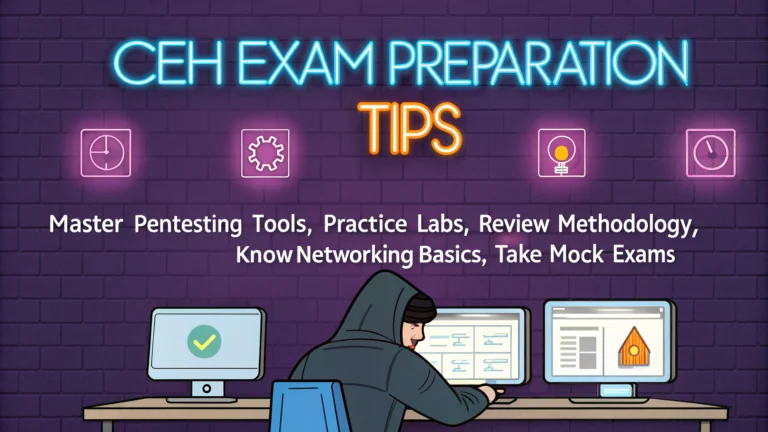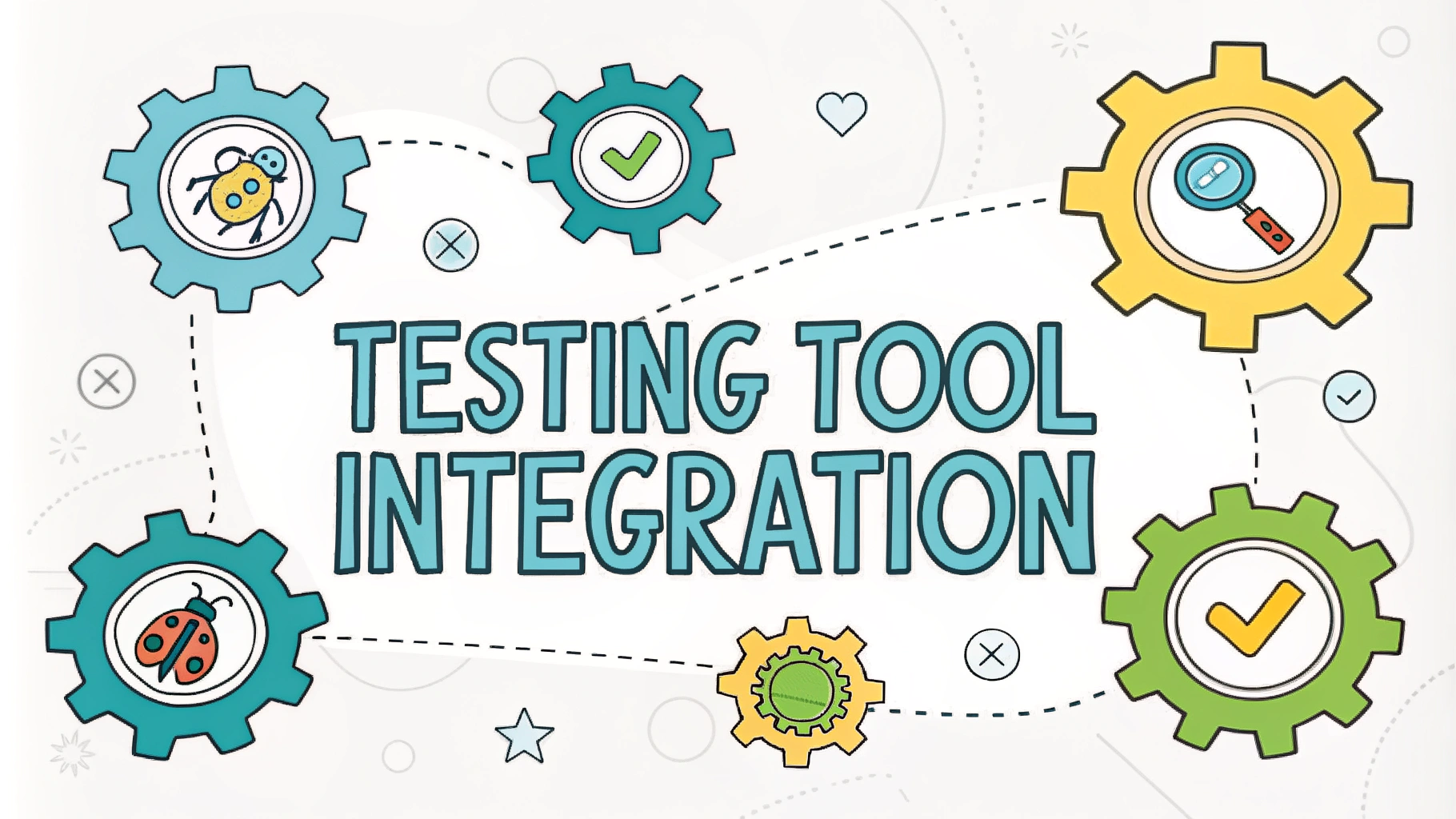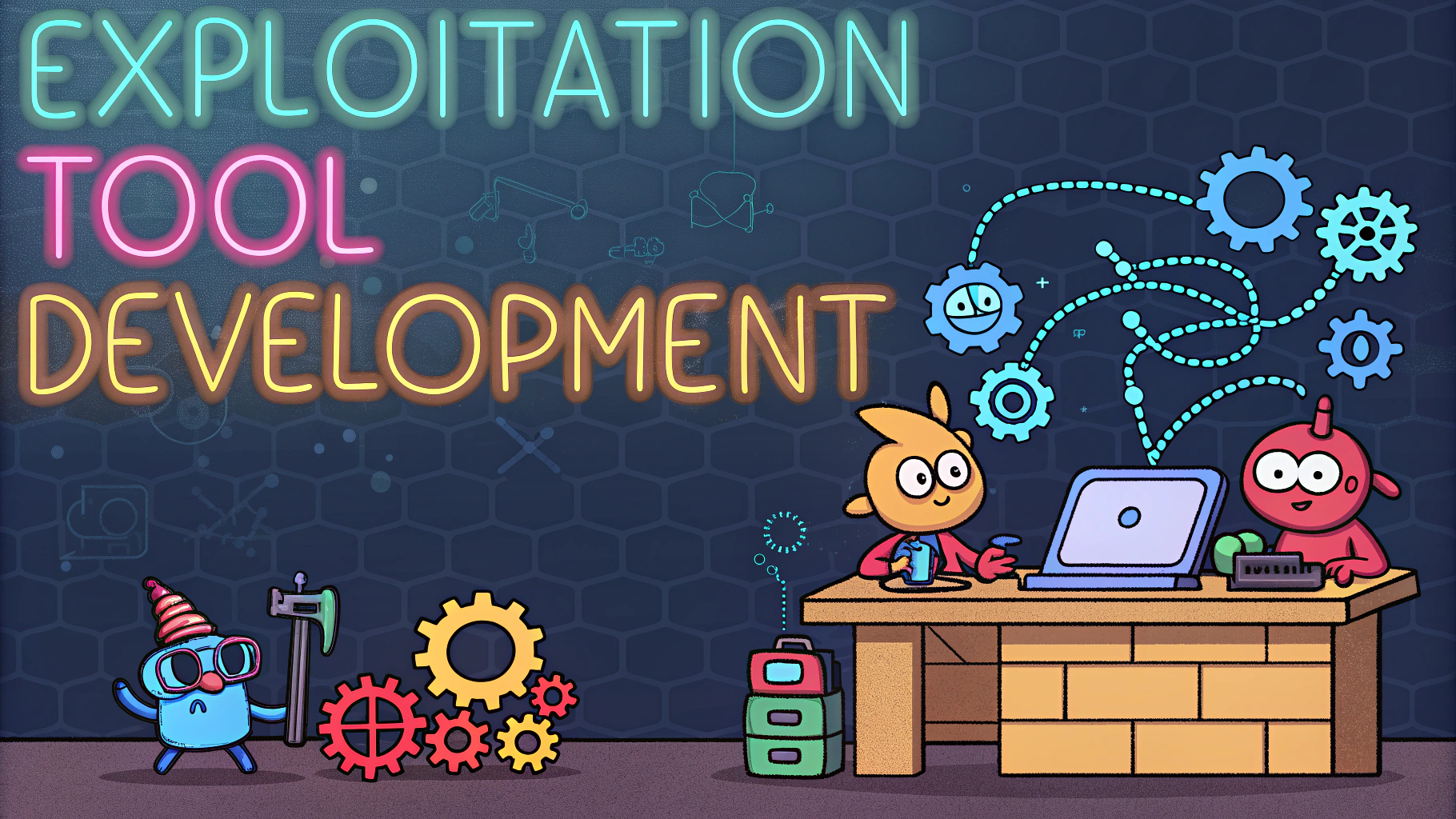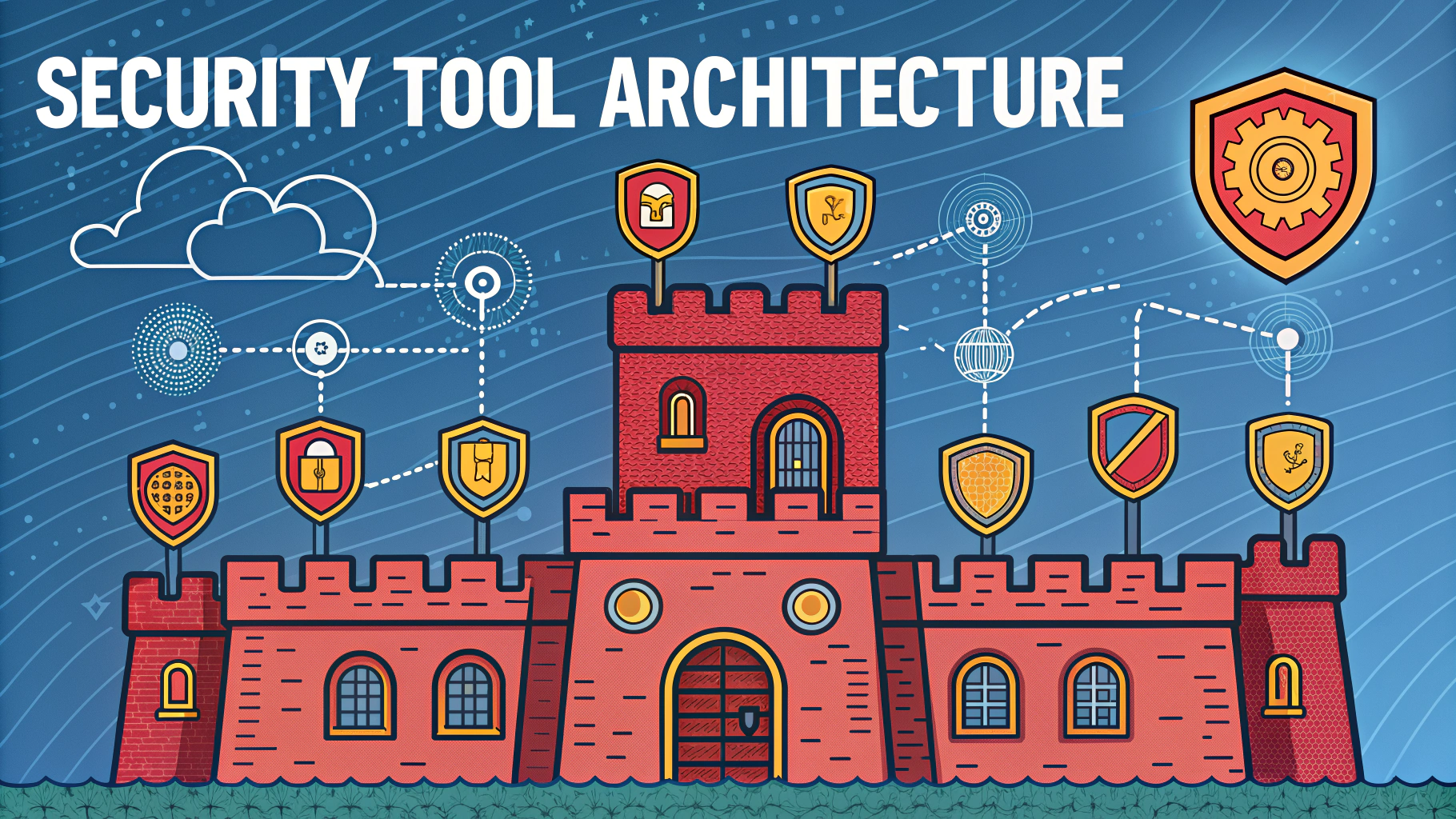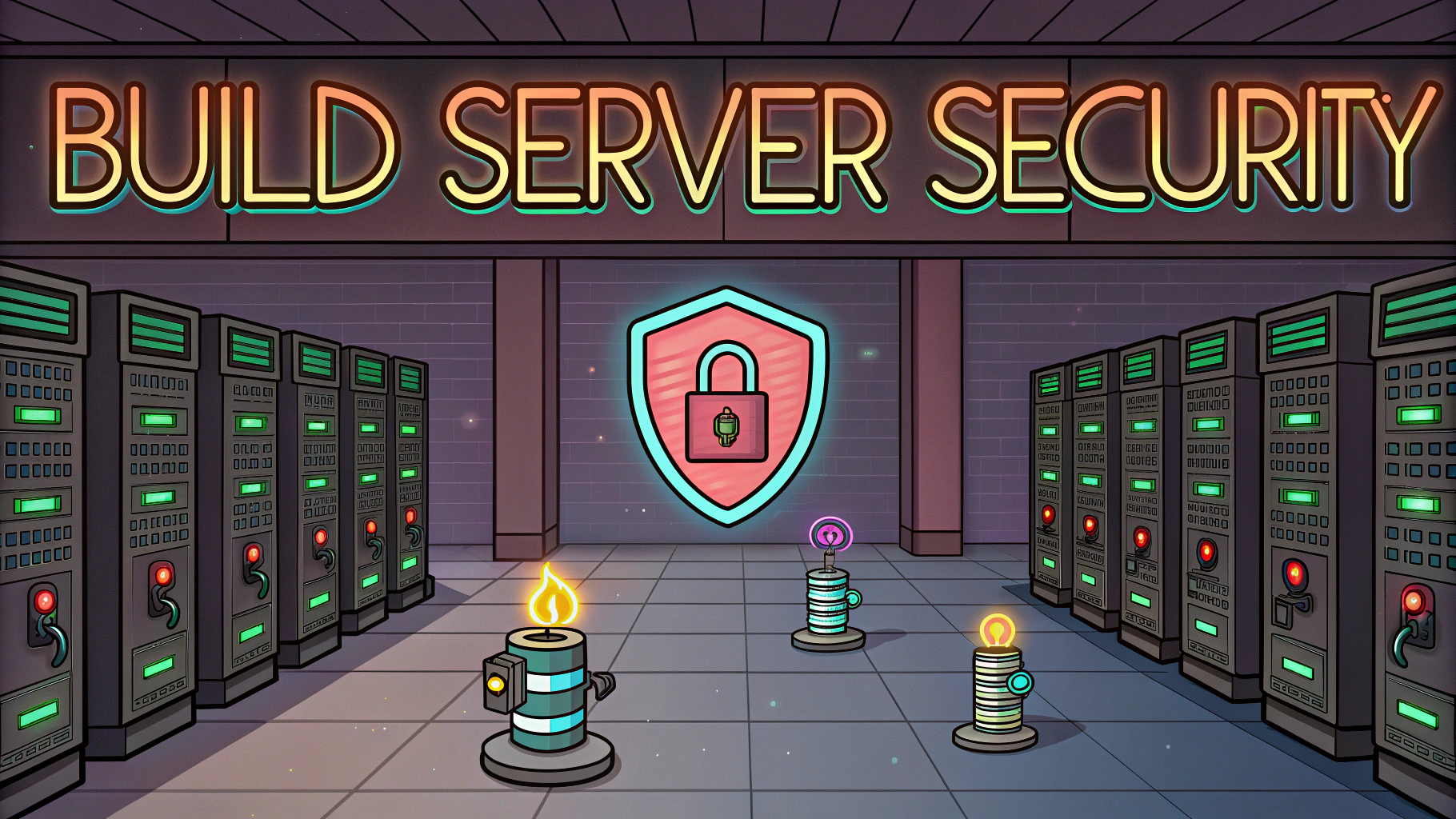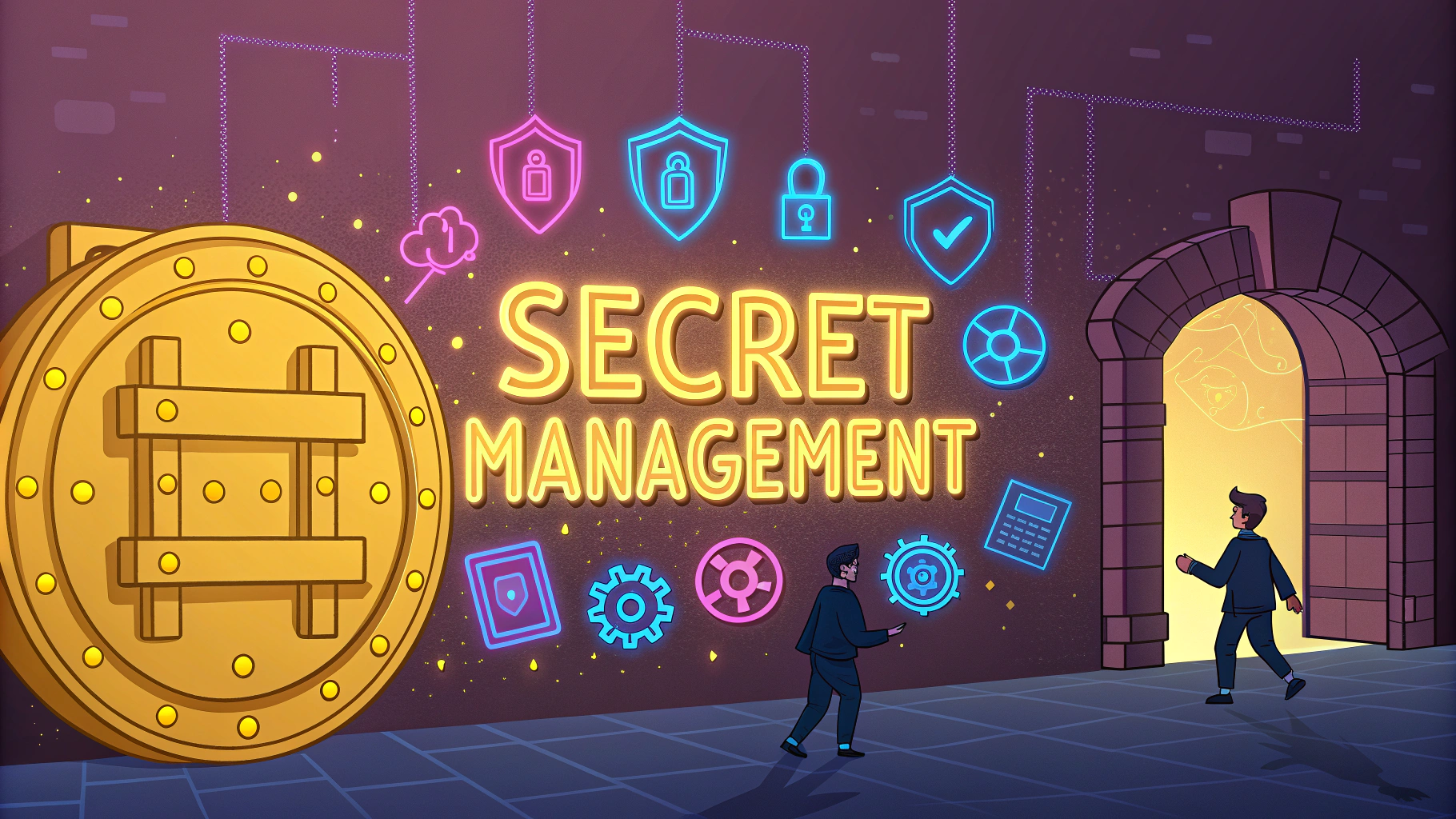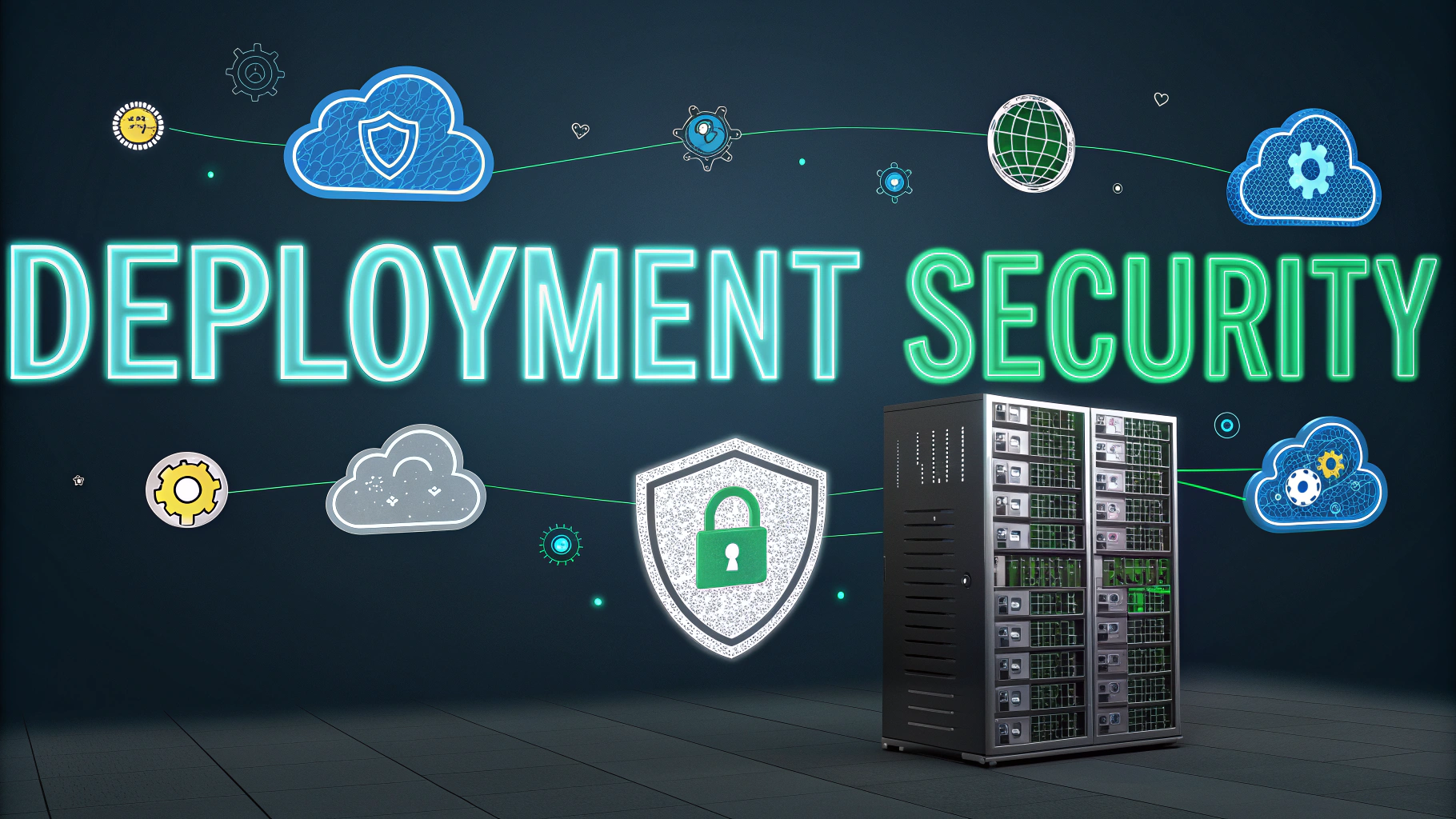A CEH certification demonstrates your ability to think like a hacker and defend against cyber threats.
The exam requires extensive knowledge of penetration testing tools, methodologies, and security concepts that organizations rely on to protect their systems.
This guide provides proven study strategies and practical tips to help you pass the CEH exam on your first attempt.
Core Study Areas
- Network scanning and enumeration techniques
- System hacking methodologies
- Web application security testing
- Wireless network security
- Mobile platform security
- Cloud computing security
Recommended Study Materials
- Official EC-Council Materials: CEH v11 courseware and lab manual
- Practice Tests: Boson ExSim-Max for CEH
- Books: Matt Walker’s CEH All-in-One Exam Guide
- Online Resources: TryHackMe and HackTheBox for hands-on practice
Practical Lab Experience
Set up a home lab environment using VirtualBox or VMware to practice penetration testing techniques safely.
- Install Kali Linux as your primary testing platform
- Set up vulnerable machines like Metasploitable
- Practice with DVWA (Damn Vulnerable Web Application)
- Use Wireshark for network analysis training
Study Schedule Tips
- Allocate 2-3 months of dedicated study time
- Study 2-3 hours daily
- Take practice tests weekly
- Review missed questions immediately
- Focus on hands-on labs during weekends
Exam Day Preparation
- Get 8 hours of sleep before the exam
- Arrive 30 minutes early to the test center
- Bring two forms of valid ID
- Review the exam policies and NDA requirements
- Manage time wisely – 4 hours for 125 questions
Common Tools to Master
- Nmap for network scanning
- Metasploit Framework
- Burp Suite for web application testing
- Aircrack-ng for wireless testing
- John the Ripper for password cracking
Key Success Strategies
Focus on understanding concepts rather than memorizing answers.
- Practice with different types of questions
- Join study groups or online forums
- Create mind maps for complex topics
- Take detailed notes during practice sessions
Next Steps After Certification
Keep your skills sharp by pursuing advanced certifications like OSCP or CISSP.
- Join professional networks like ISACA or ISC²
- Participate in bug bounty programs
- Attend security conferences and workshops
- Stay updated with the latest security trends
For official exam information and registration, visit EC-Council’s CEH page.
Maintaining Exam Momentum
Stay focused during the exam by following proven test-taking strategies and maintaining mental clarity.
- Read questions carefully – look for keywords and qualifiers
- Skip difficult questions and return later
- Use process of elimination for uncertain answers
- Double-check answers if time permits
- Stay calm and maintain steady pacing
Building Professional Experience
Complement your CEH certification with practical experience to enhance your career prospects.
- Contribute to open-source security projects
- Create security-focused blog posts or tutorials
- Mentor junior security professionals
- Build a portfolio of security assessments
- Network with industry professionals
Continuous Learning Resources
- Subscribe to security newsletters and podcasts
- Follow leading security researchers on social media
- Join CTF (Capture The Flag) competitions
- Participate in security webinars
- Explore new tools and techniques regularly
Your Path to Ethical Hacking Excellence
The CEH certification is just the beginning of your cybersecurity journey. Success requires dedication to continuous learning, practical application of skills, and active engagement with the security community. Remember that ethical hacking is an evolving field – stay curious, practice regularly, and maintain high ethical standards in all your security endeavors.
- Document your learning journey
- Set clear career goals post-certification
- Build a strong professional network
- Consider specializing in specific security domains
- Give back to the security community
FAQs
- What are the prerequisites for taking the CEH exam?
You must have either two years of documented information security work experience or complete an official EC-Council training program. You’ll also need to sign an agreement form and have a valid government-issued ID. - How many questions are on the CEH exam and what’s the passing score?
The exam consists of 125 multiple-choice questions with a 4-hour time limit. The passing score is 70%, which means you need to correctly answer at least 88 out of 125 questions. - Which key topics should I focus on for the CEH exam?
Focus on footprinting and reconnaissance, network scanning, enumeration, system hacking, malware threats, sniffing, social engineering, denial-of-service, session hijacking, and web server hacking. - What tools should I be familiar with for the CEH exam?
Know how to use Nmap, Wireshark, Metasploit, Burp Suite, John the Ripper, Nessus, SQLmap, and Aircrack-ng. Understanding their functionality and common usage scenarios is crucial. - How long should I study to prepare for the CEH exam?
Most successful candidates study for 2-3 months with 10-15 hours per week. This varies based on your background and experience in information security. - What official study materials are recommended for CEH preparation?
Use the official EC-Council courseware, CEH exam guide, and practice labs. The iLabs platform provided by EC-Council is particularly valuable for hands-on experience. - Is practical experience necessary to pass the CEH exam?
While the exam is multiple-choice, practical experience with security tools and understanding real-world scenarios significantly improves your chances of passing. Hands-on lab practice is essential. - What’s the difference between CEH Practical and CEH exam?
The standard CEH exam is multiple-choice and tests theoretical knowledge, while CEH Practical is a 6-hour hands-on exam where you must demonstrate actual penetration testing skills in a live environment. - How often do I need to renew my CEH certification?
The CEH certification must be renewed every three years. You’ll need to earn 120 EC-Council Continuing Education Credits and pay a renewal fee. - Are there any practice exams available from EC-Council?
Yes, EC-Council offers official practice exams through their ASPEN portal. These closely mirror the format and difficulty of the actual exam.
